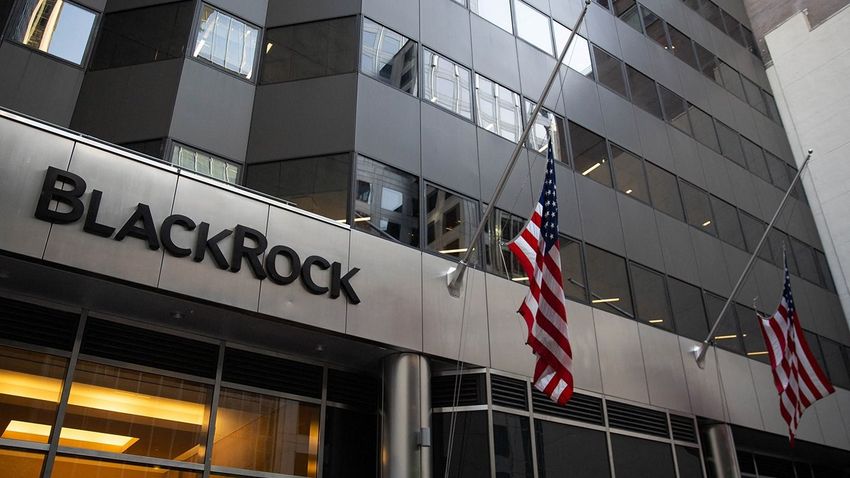For the second year in a row, support for proposals on environmental and social issues is declining among BlackRock shareholders, who believe the decisions are pointless or unfeasible, the article writes. financial times.
In the 12 months through June, the world’s largest asset manager voted on just 7 percent of ESG proposals, or 26, at the company’s annual general meetings — a significant drop from last year, when support was 22 percent. Worldwide, the gap is huge. And more broadly in 2021. compared to last season, when 47 percent of decisions were accepted.
The overwhelming skepticism is not accidental: the company, which manages $9.4tn, is coming under increasing political attack, while its proposals are also hurting corporate revenues.
But BlackRock’s decline coincides with an explosion in the number of shareholder proposals related to environmental, social and governance aspects, thanks to the US Securities and Exchange Commission, which recently facilitated the passage of such decisions through meetings.
According to Institutional Shareholder Services, the group responsible for proxy voting, 340 ESG proposals have already been voted on in the US this year, compared with 300 in 2022.
| ESG is an acronym made up of the English words Environmental, Social and Governance. Organizations with such a set of values strive to protect the environment, they consider the social and social impacts of their operations important, and their management is transparent. And they provide information about this in their reports, so that funders can also see non-financial risks and opportunities. |
BlackRock, in its report on the results of the vote, which it published on Wednesday, wrote that the support fell a lot due to…
Because most shareholder proposals were far-fetched, had no economic basis, lacked focus, or were simply unnecessary.
For example, BlackRock voted in 2022 to require Amazon to report its use of plastic packaging. However, he voted against a similar proposal this year because the e-commerce group has since started publishing the information. Other companies followed suit, and ESG voices on this topic are no longer really necessary.
Rival State Street has also reported similar trends, but the decline has been unremarkable: from 44 per cent in 2022 to just 32 per cent this year, which is the number of proposals voted on. The third largest asset manager, Vanguard, has not yet released a report, but analysts are expecting a similar decline here.
Investment funds BlackRock, State Street and Vanguard control 15 to 20 percent of the largest US securities companies, and the directions of their general meetings influence the entire business life of the country.












































